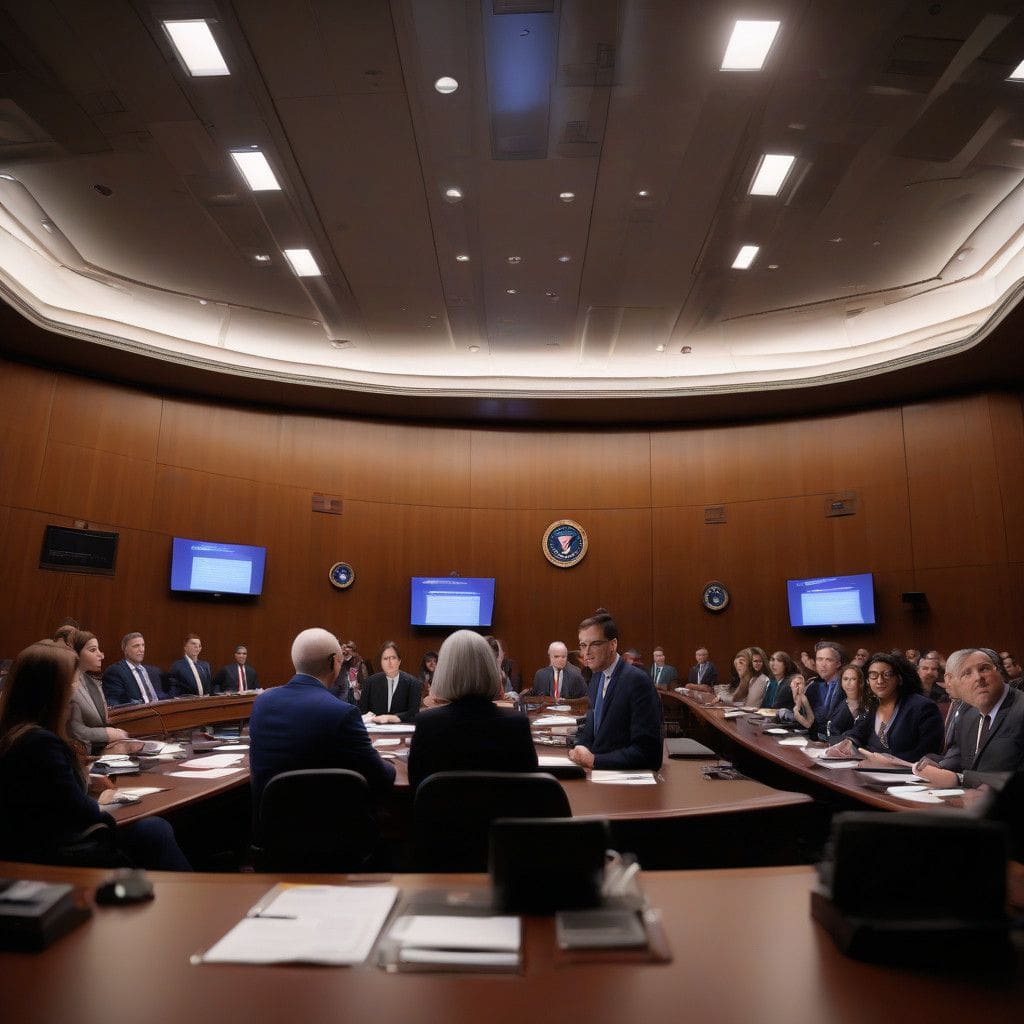In a significant move, a U.S. House committee has announced its investigation into the Federal Communications Commission’s (FCC) recent decision to deny SpaceX’s satellite internet service, Starlink, nearly $886 million in rural broadband subsidies. This decision has attracted attention due to its implications for rural internet access and the larger narrative surrounding the provision of high-speed internet in under-served areas.
The FCC’s denial follows an ongoing saga that began in December 2020, when the agency allocated $9.2 billion to support rural broadband expansion. Starlink emerged as a viable player in the auction, securing a substantial portion of this funding—specifically $885.5 million aimed at serving around 642,000 homes and businesses across 35 states. However, the situation took a turn in August 2022, when the FCC revoked Starlink’s funding, citing concerns about the company’s performance. The agency’s findings suggested that Starlink failed to meet the essential program requirements and could not demonstrate its capability to deliver the promised high-speed services.
James Comer, the Republican chair of the House Oversight Committee, has been adamant about ensuring that the FCC’s decision-making process is scrutinized for political motivations. He has requested that the FCC provide documents related to the case by October 21. This request underscores concerns about transparency and fairness in the regulatory process.
The FCC had previously reaffirmed that its revocation was justified based on performance data from Starlink, which pointed to issues with uplink and downlink speeds. FCC Chair Jessica Rosenworcel stated that despite Starlink’s commitments, the service did not meet the required standards outlined in the broadband program. Critics of the FCC’s ruling, including Elon Musk, have labeled it “illegal” and argued that it diminishes crucial support for communities, particularly during emergencies such as natural disasters.
Stakes are undeniably high in this investigation, as the debate around rural broadband access tends to intersect with sizable political and economic interests. In many cases, access to high-speed internet is more than a convenience; it is a lifeline for residents who rely on digital connectivity for work, education, and healthcare.
Setting the stage for this investigation, the legislative backdrop is pertinent. The commitment to expand broadband access in rural areas is fundamental to U.S. policy and aligns with broader national interests in promoting equitable technological advancement. Without robust internet access, rural communities risk falling behind in an increasingly digital global economy. The inability of Starlink to fulfill its commitments could have negative implications for many households that were counting on its services.
This investigation may not just affect Starlink but could also have wider implications for the satellite internet market. Recently, Rosenworcel has stressed the importance of fostering competition within this sector, calling for new entrants to boost innovation and breakdown monopolistic power structures. Such moves highlight a policy direction that recognizes the need for diverse solutions in the face of wide-ranging challenges related to internet provision.
Constructively questioning the FCC’s decision-making is critical, especially as it impacts the market and the future of consumer choice. Republican dissent within the FCC itself indicates a growing rift regarding how performance targets are set for service providers. Two Republican commissioners noted that SpaceX was unjustly held to expectations that might not apply equally to other companies in the market. This dissent exemplifies the complexity of the issue, where politics, business operations, and regulatory standards are at odds.
Additionally, the controversy surrounding funding and service delivery has raised alarms about potential government overreach and the necessity of ensuring that taxpayer dollars are utilized effectively. As the oversight committee continues its inquiry, stakeholders will be watching closely to see how this situation unfolds and what ramifications it may have on the FCC’s relationship with satellite service providers.
In summary, the ongoing investigation into the FCC’s withdrawal of subsidies from Starlink is emblematic of larger discussions about rural broadband access, regulatory transparency, and the future of digital competition in the United States. Given the potential outcomes, the stakes could not be higher for homes and businesses reliant on reliable internet access.











